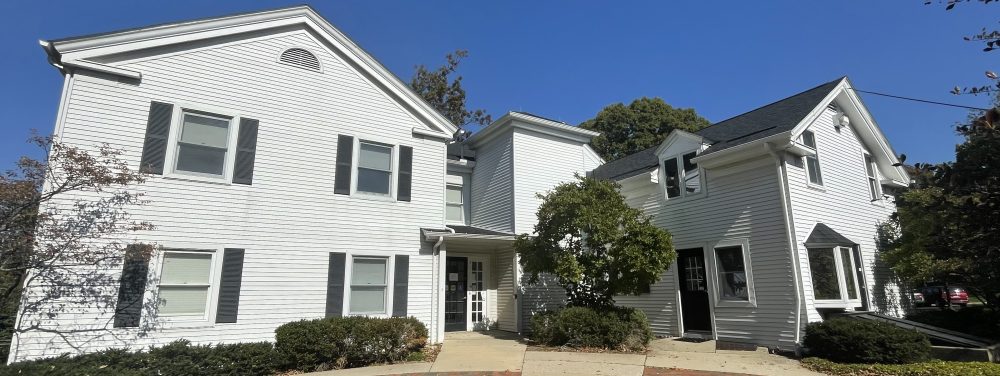by Havann Brown
Morgan Parker
Parker is the author of the critically acclaimed There Are More Beautiful Things Than Beyoncé, her second collection of poetry in which she sheds light on mental health struggles, race, culture, trauma, and feminism by utilizing humor and unflinching honesty. In addition, she offers commentary on pop culture and her own personal experiences. Parker’s numerous accolades include receiving a Pushcart Prize in 2016 and a National Endowment for the Arts Literature Fellowship in 2017.
Diane di Prima
Di Prima has published over 40 books that often celebrate the strength of women without turning away from women’s vulnerability. She chronicles her experiences living as a woman in the typically male-dominated Beat scene in Memoirs of a Beatnik and in Recollections of My Life as a Woman: The New York Years. She has received numerous honors, including a grant from the National Endowment for the Arts and the National Poetry Association’s Lifetime Service Award.
Bushra Rehman
Rehman was raised in Corona, Queens, and uses her personal experiences growing up in her darkly comedic autobiographical novel Corona. She served as a co-editor of the anthology Colonize This! Young Women of Color on Today’s Feminism which was named as one of Ms. Magazine’s “100 Best Non-Fiction Books of All Time.” Marianna’s Beauty Salon, Rehman’s debut poetry collection, uses biting humor and wisdom to interrogate the true meaning of the American Dream. Among her numerous accolades, Rehman has received recognition from Cave Canem, the Saltonstall Foundation for the Arts, and Kundiman.
Claudia Rankine
Rankine’s work Citizen: An American Lyric examines how race and gender are exploited. Citizen is the only book of poetry to ever become a New York Times bestseller in the category of nonfiction. Rankine’s beautiful yet straightforward voice is fresh and uninhibited. Rankine describes the journeys of women and their lives by detailing the discrimination that they face. She conveys the experience of being a Black woman in America in part by examining Serena Williams’s treatment by the tennis community and by the media. Rankine has received honors, including the PEN Open Book Award, PEN Literary Award, National Book Critics Circle Award for Poetry, and a fellowship from the National Endowment of the Arts.
Maggie Nelson
Nelson’s stunning lyric essay Bluets earned critical acclaim for its integration of academia with verse. Her poetic memoir The Argonauts offers meditation and analysis of her own romantic relationship, motherhood, family-making, and beyond. She has received the Glassock Award for Interdisciplinary Scholarship and grants from the MacArthur Foundation, Guggenheim Foundation, and the National Endowment for the Arts. Nelson’s The Art of Cruelty: A Reckoning earned distinction as a New York Times Notable Book of the Year.
*All photos obtained from Google

